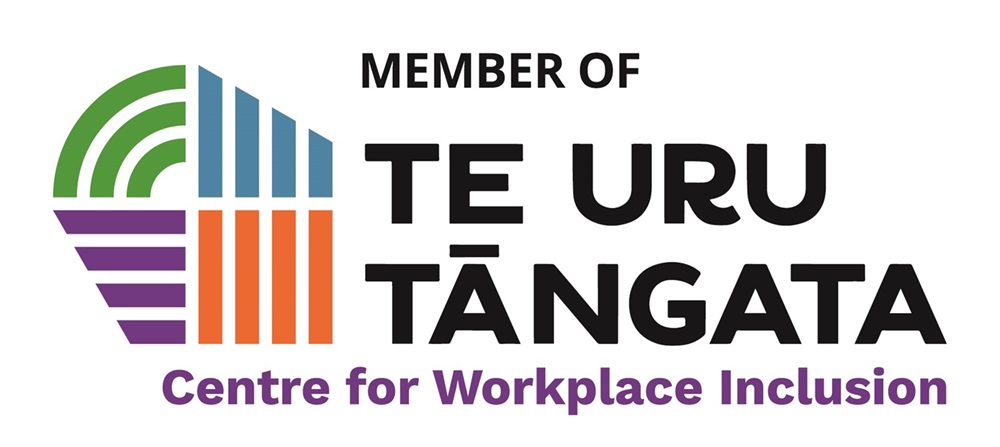Last month the Fair Trading Amendment Bill passed into law. Now the Fair Trading Amendment Act 2021 (Amendment Act), the new statute brings a raft of changes to the Fair Trading Act 1986 (FTA) which are aimed at evening the playing field for businesses by targeting the use of deception, one-sided contract terms, pressure tactics and other practices the government deems as exploiting the vulnerabilities of a consumer or small business. The most impactful of these changes will come into force on 16 August 2022, allowing businesses a one-year period to review and adjust their practices for compliance.
One of the most important changes to be implemented under the Amendment Act is the introduction of a prohibition on persons engaging in unconscionable conduct while in trade. This broadly applies to situations regardless of whether a contract is entered into, the conduct is a single event or ongoing occurrence, or an individual can be identified as, or as likely to be, disadvantaged by that conduct.
The prohibition on unconscionable conduct marks a significant extension of the FTA’s existing prohibitions on misleading and deceptive conduct, unsubstantiated representations and unfair trade practices (such as pyramid selling schemes). Like many other breaches under the FTA, a conviction for engaging in unconscionable conduct may result in a fine of up to $200,000 for an individual, or up to $600,000 for a business. Previously, while some protections for unconscionability have existed in legislation and common law, the scope of these protections has not extended to businesses in trade in New Zealand.
So, what is ‘unconscionable conduct’ in the context of trading? Neither the Amendment Act nor the FTA define the term. Instead, the Amendment Act provides for certain factors that might be considered by the courts in assessing liability. These include, but are not limited to:
- the relative bargaining power of the parties involved (including any other person that is, or is likely to be disadvantaged by the conduct);
- whether the parties were acting in good faith;
- whether the trader exerted unfair pressure, or unduly influenced an affected person; and
- whether an affected person was able to understand any documents provided by the trader.
Consistent with its approach to other significant changes to New Zealand’s competition and consumer protection laws, the Commerce Commission has confirmed that it will publish guidance on unconscionable conduct in due course.
In addition to guidance from the Commerce Commission, rulings from Australia are likely to be instrumental in navigating the boundaries of this new provision. Australia has had a longstanding prohibition on unconscionable conduct and New Zealand’s new legislation is based on the Australian law.
Significantly, a 2018 New Zealand cabinet paper that supported the introduction of a prohibition on unconscionable conduct based on Australian law noted that in Australia, the legislation is intended to carry a high threshold for breaches, and to operate as a ‘safety net’ that applies in ‘relatively rare cases of particularly egregious conduct’.[1] The Australian understanding of ‘unconscionable conduct’ as ‘conduct that is against conscience by reference to the norms of society’[2] has also been included in the Ministry of Business, Innovation and Employment’s 2019 Impact Statement on the Amendment Act.
We will look to provide businesses with another update on how the new prohibition on unconscionable conduct is likely to operate in practice following the release of the Commerce Commission’s guidance. In the interim, if you would like assistance with considering the impacts of the new prohibition on unconscionable conduct on your business, please contact a member of Lane Neave’s Corporate Team.
[1] Cabinet Paper “Unfair commercial practices: release of discussion document” (23 November 2019) at [18].
[2] Ministry of Business, Innovation and Employment “Protecting business and consumers from unfair commercial practices” (2019) at page 2.
Click here for other Corporate Law articles.



